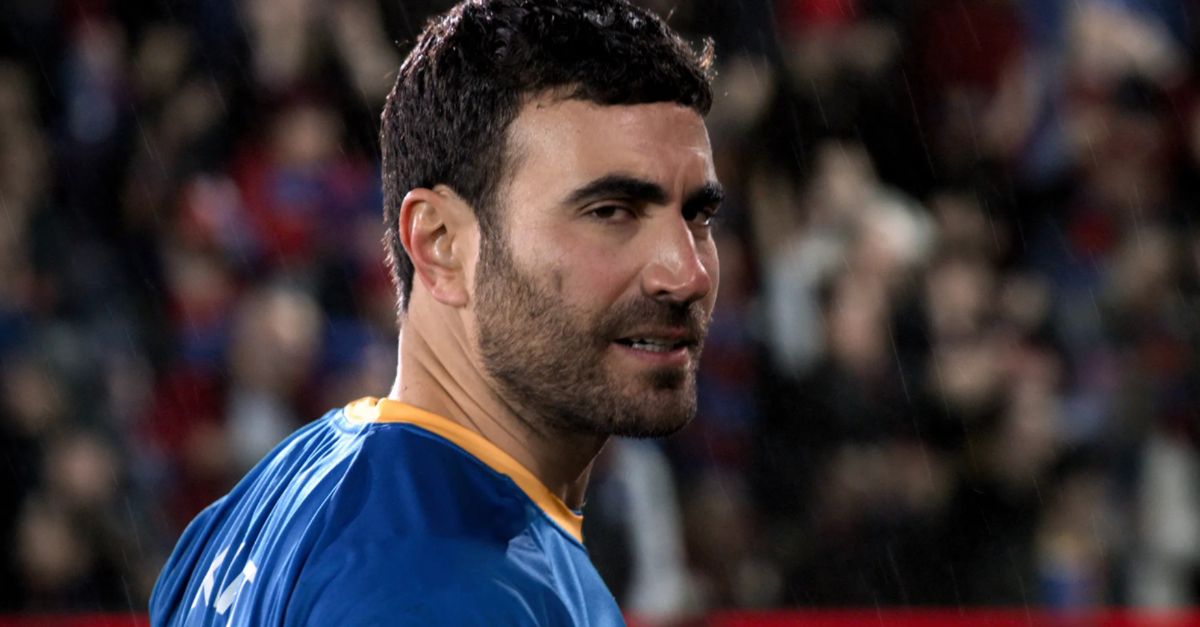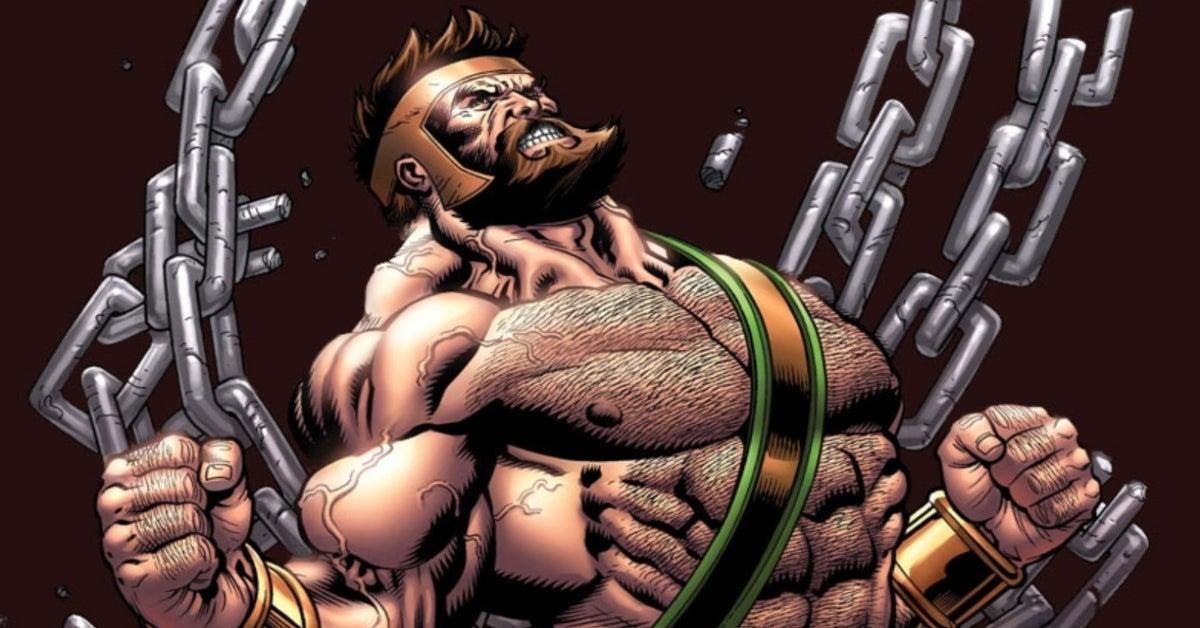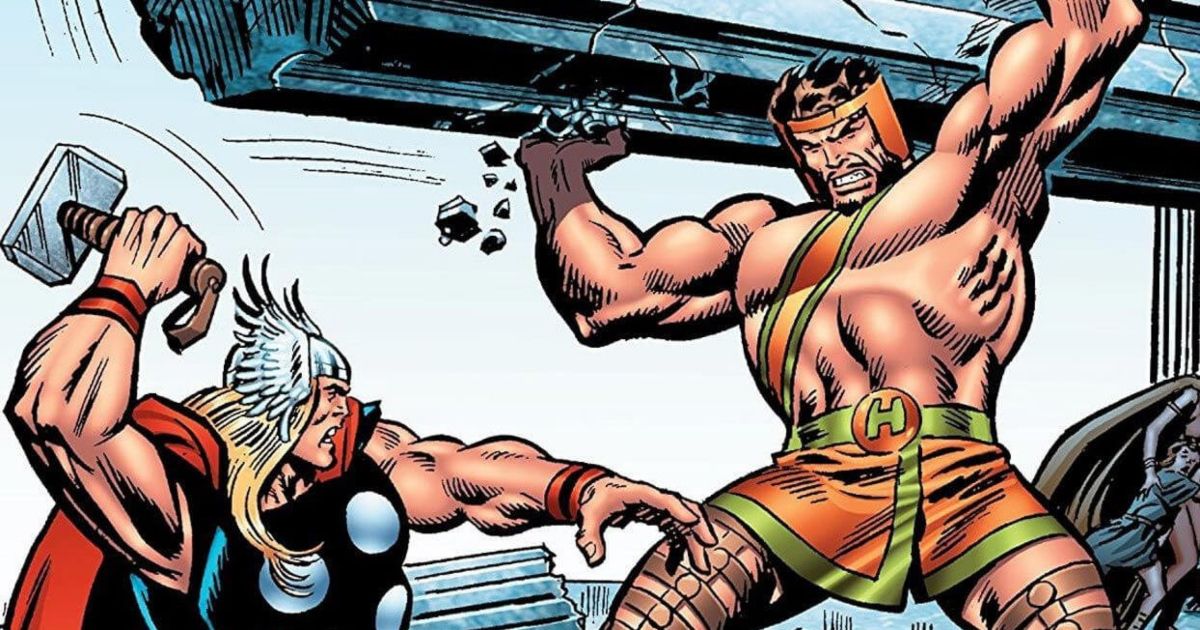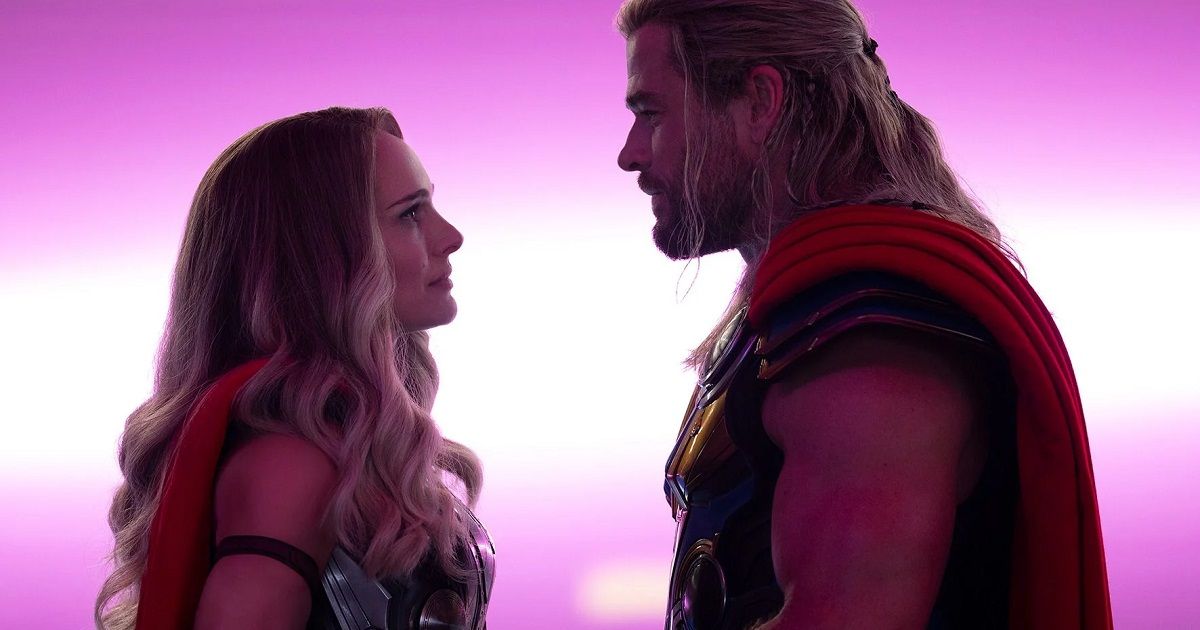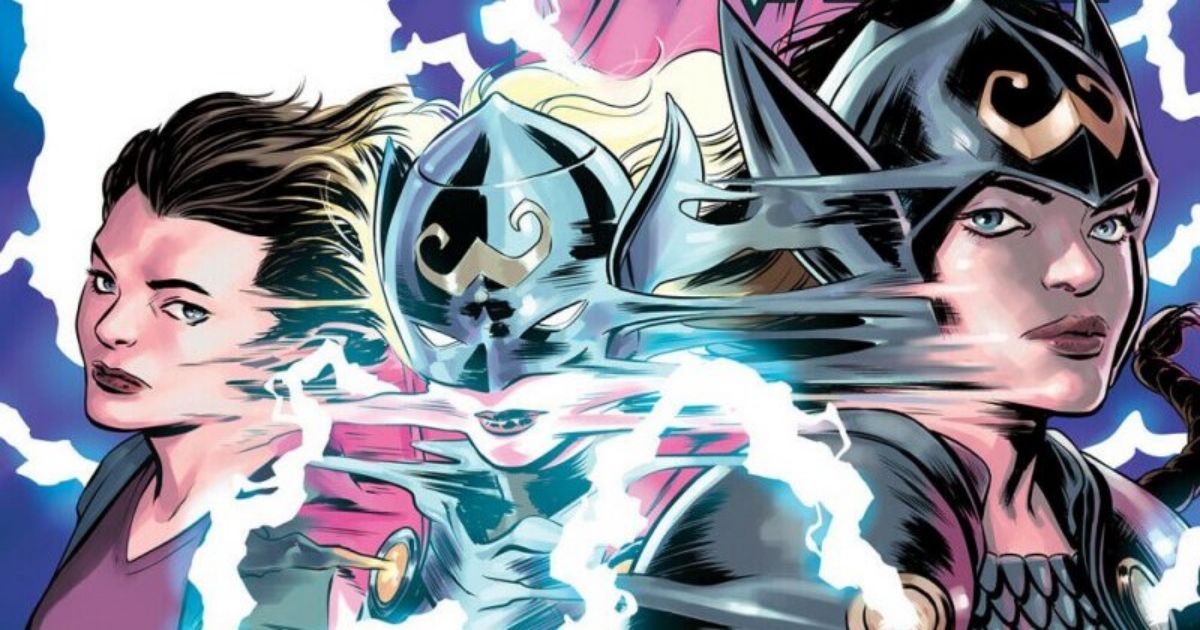SPOILER ALERT: This story contains MAJOR SPOILERS for Thor: Love and ThunderThor: Love and Thunder has finally been released in theaters after being delayed for over a year due to the COVID-19 pandemic. Thor has now become the first MCU solo hero to get a fourth film, and the movie saw Thor: Ragnarok director Taika Waititi return to helm the film drawing heavily from Jason Aaron's run on the Thor comics. The film saw Thor (Chris Hemsworth) reuniting with his ex-girlfriend Jane Foster (Natalie Portman) who has somehow reassembled Mljonir and wields it as the Mighty Thor. The two, along with King Valkyrie (Tessa Thompson) and Korg (played by Taikia Waititi himself) team up to stop Gorr the God Butcher (Christian Bale), an evil force who is wreaking havoc across the cosmo killing all gods after they failed to save him and his daughter.
While Thor: Love and Thunder tells a stand-alone story, and even does not connect to the recent multiversal stories Marvel Studios has been laying the groundwork for, like the other MCU films, it uses the after-credit moments to tease the future of the franchise and reveals new characters from the comics making the leap to the big screen, hinting at an exciting future. While it is unknown what the overall plan for the MCU is and what this is all building towards, the credits reveal Thor will return and teases some interesting potential storylines and new additions to the ever-growing MCU. This is a breakdown of all the biggest reveals from the end credits of Thor: Love and Thunder.
Love and Thunder: Enter Hercules
In Thor: Love and Thunder, the main characters go to Omnipotent City, a central hub for all the gods in the cosmos to gather with Zeus (Russell Crowe), the head of the Greek pantheon of gods who appears to be the man in charge. Thor even cites how he drew inspiration from Zeus, making the clear connection between the thunder god and one who can control lightning. Yet Zeus is unable to help Thor and his team fight Gorr, and in the action Thor seemingly kills Zeus.
However, the after-credit moment reveals Zeus is alive, his wounds being tended to. He is speaking to someone off-screen, about how people have turned their back on gods and look to superheroes for help. Zeus says humans will learn to fear gods once more and says they will see Thor fall from the sky. To battle Thor, he sends his son, revealed to be none other than the legendary demi-god Hercules who Thor referenced earlier in the film.
Who Plays Hercules
Much of the Phase 4 after-credit moments have been revealing characters played by big actors as a final surprise, both to keep audiences invested while also elevating the character who in the comics might be an obscure pick. This is a tradition reaching back as far as the first MCU film when Samuel Jackson appeared as Nick Fury at the end of Iron Man. Eternals introduced Harry Styles as Eros and Doctor Strange in the Multiverse of Madness showcased Charlize Theron as Clea. Thor: Love and Thunder was no different, with the reveal that Hercules is played by none other than Brett Goldstein, the Emmy Award-winning actor from the hit television series Ted Lasso.
On Ted Lasso, Goldstein plays Roy Kent, the captain of the AFC Richmond football team who is an older player known for his aggression and temper. Goldstein has been a breakout star of the series, and Marvel Studios now has a high-profile actor and writer joining their franchise setting up an exciting future for the character of Hercules.
Interestingly, Goldstein is the second Ted Lasso star to appear in an MCU Phase 4 after credit moment after Cristo Fernández (who plays Danny Rojas in the series) appeared in Spider-Man: No Way Home as the bartender in Mexico talking to Eddie Brock and Venom. It appears that Kevin Feige is a Ted Lasso fan, and hopefully stars like Jason Sudeikis, Hannah Waddingham, Brendan Hunt, Juno Temple, Nick Mohammed, Toheeb Jimoh, Jeremy Swift, and Phil Dunster can find their way into the MCU sometime.
Hercules' Comics History
Based on Heracles from Greek mythology (yet using the Roman naming convention), Hercules was introduced in Journey Into Mystery Annual #1 in 1965, created by Stan Lee and Jack Kirby. Originally introduced as an antagonist to Thor, Hercules eventually becomes an ally and a fellow superhero of the Marvel Universe. He has been a member of several superhero teams including The Avengers, The Champions, Damage Control, and The Heroes For Hire. Hercules' brother Ares, the God of War, is also a character in Marvel Comics who often appears as an antagonist for many of the heroes.
He also has connections to various other Marvel superheroes apart from Thor, which include The Hulk, Namor (who was revealed to be in Black Panther: Wakanda Forever), and both Steve Rogers and Sam Wilson's Captain America. One of Hercules' most notable connections in the Marvel Universe is She-Hulk, as the two have a romantic connection. With She-Hulk set to join the MCU soon in an upcoming Disney+ series, it wouldn't be surprising for her and Hercules to cross paths.
What Hercules' Arrival Means for the MCU
Director Taika Waititi has said he does not know what the Hercules reveal is setting up or where the character will appear next. It was a request by Kevin Feige, particularly for Goldstein to be in the role, though there are plenty of story avenues for the MCU to take with Hercules.
The most obvious is that the character will come face to face with Thor, but in what storyline or project remains to be seen. Zeus' use of the word "fear" could be setting up Marvel Studios to do a reimagining of the 2011 storyline "Fear Itself." That storyline involved the Asgardian fear deity causing chaos on Earth, which sounds like the building blocks for what Marvel could achieve just subbing out Asgardians for Olympians. While it is unlikely Marvel will adapt it entirely, as the storyline was mainly made to cash in on the then-upcoming films Thor and Captain America: The First Avenger, Marvel Studios has used the names of popular storylines like "Age of Ultron," "Civil War," and "Infinity War" as springboards to craft their own stories that fit within the MCU.
While Hercules may start as a threat, he won't be one for long and will likely be a major supporting player in the MCU moving forward. The character could be recruited into a New Avengers roster, something Marvel Studios might be setting up with all the new heroes being introduced. He also could become a supporting player in other Marvel franchises outside of Thor. He could become a part of She-Hulk if the series runs for more than one season. Hercules will likely be a part of the MCU for a long time and has the potential to become a new fan favorite.
Love and Thunder: Jane Foster Enters Valhalla
Through the course of Thor: Love and Thunder, it is revealed that Jane is suffering from cancer and that while the Mljonir is keeping her alive, it is also draining her and making her sicker. She is dying, and this adventure will kill her. While Thor wants her to stay behind, she picks up the hammer one last time to assist Thor in battling Gorr and save the kidnapped Asgardian children. She knows this will kill her, but she takes up the mantle because as Thor said in Thor: Ragnarok, "that's what heroes do."
The final post-credits scene reveals Jane Foster entering Valhalla, the resting place of the Norse Gods where she is treated by Heimdall (Idris Elba) who died at the beginning of Avengers: Infinity War. Throughout Thor: Love and Thunder, the location is name-dropped a number of times, setting up this ending. Thor tells Sif (Jamie Alexander) that you need to die in battle to enter Valhalla, and Jane not only died in battle against Gorr the God Butcher but also in a battle with cancer.
Valhalla is just one plane of an after-life existence that exists in the MCU, as there is the Ancestral Place introduced in Black Panther and both the Duat and the Field of Reeds in Moon Knight (which even established that multiple planes of untethered consciousness exist across the MCU). It also implies that these afterlives are different planes of existence in the MCU multiverse, which has become a major part of Phase 4 with projects like Loki, What If...?, Spider-Man: No Way Home, and Doctor Strange in the Multiverse of Madness.
Could Jane Return
Jane's reveal at Thor: Love and Thunder can be read in two distinct but also equally correct readings. The first is that it is just a nice conclusion to her character, giving her a final farewell ending and reassuring the audience knowing she has found peace and this will be the end of her journey.
However, it does leave the door open for if Marvel wanted Jane to return in some form in the future. The MCU has already brought back Loki and Vision following their deaths. There is also precedent in the comics, as after Jane died from cancer, she became a new Valkyrie. Jane is played by Natalie Portman, who has not ruled out returning to the MCU for another film, and as the cosmic threats continue to grow she could return from the realm of the dead to do battle one last time. Although bringing her back has the risk of undoing the rather poignant ending of Thor: Love and Thunder. Just like with many of the Marvel Studios reveals, it can be read either way depending on fan reaction or the needs of future stories. With how popular the character of Jane Foster as Thor and Valkyrie has become in the pages of Marvel Comics, it's doubtful people would be unhappy to see her return again.

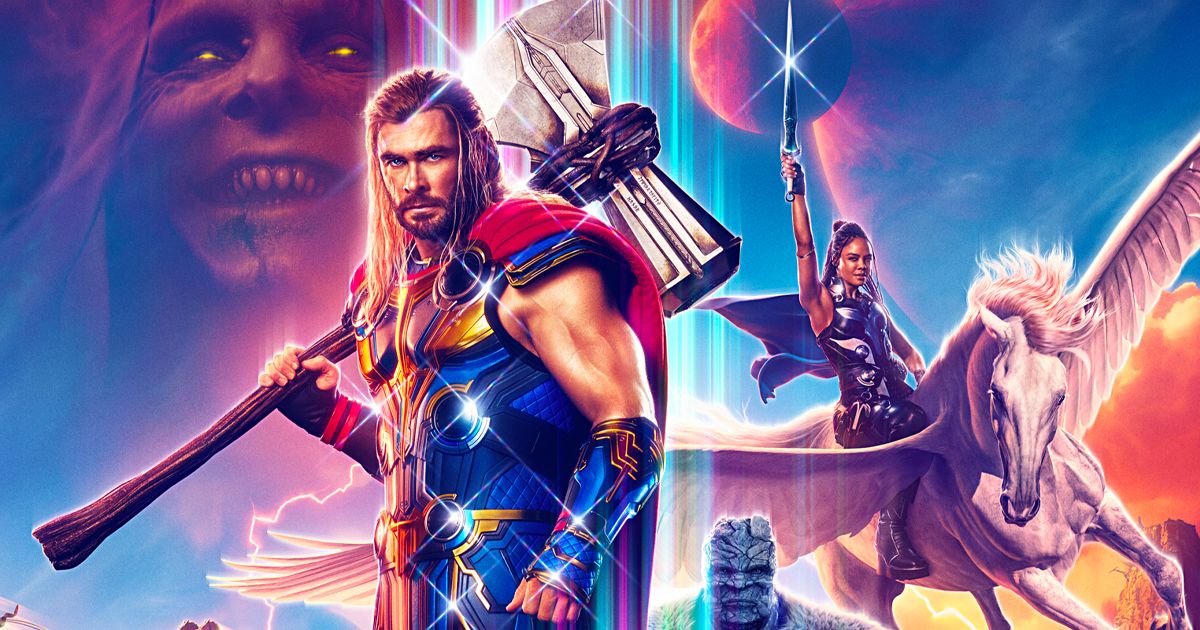
.jpg)
